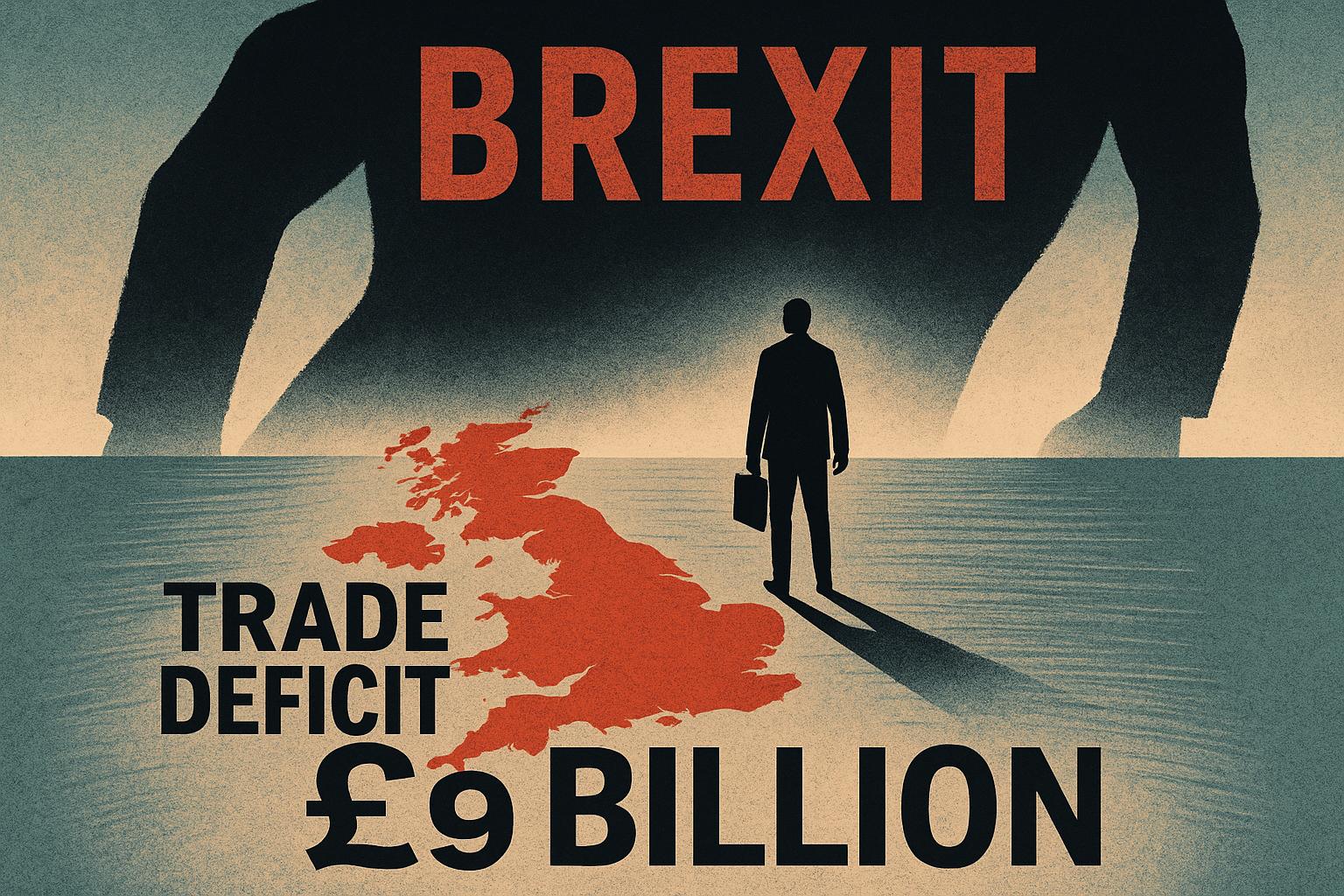A senior Labour minister is set to accuse Nigel Farage of undermining the UK's economic interests by advocating policies that would damage trade with the European Union, as Labour intensifies its efforts to counter Reform UK's rising popularity in the polls. Nick Thomas-Symonds, the European affairs minister, plans to deliver a major speech warning that a Reform UK government could slash UK trade by £9 billion, with significant consequences for jobs and food prices.
This development comes amid Labour's push to secure a permanent trade deal with the EU on food and drink products, aimed at reducing border checks and easing costs for supermarkets and consumers. The current temporary arrangement, instituted in June, suspends checks on certain fruit and vegetables imported from the EU, including tomatoes, grapes, and peppers, until January 2027. This interim deal has been welcomed by industry representatives and is seen as critical to maintaining smooth trade flows. The government intends to build on this foundation to finalise a long-term sanitary and phytosanitary (SPS) agreement within the next 18 months, reflecting a broader strategy to align standards with the EU and stimulate economic growth.
Thomas-Symonds will criticise Farage’s approach, accusing him of advocating for policies that would reverse these trade gains and reintroduce burdensome red tape. Farage has positioned himself staunchly against the current SPS provisions agreed in May, which cover a range of areas including fishing rights, defence cooperation, a youth exchange scheme, and passport e-gates. Writing in the Telegraph, Farage described the deal as a surrender of UK sovereignty that risks drawing the country "back into the orbit of Brussels." He further promised that a Reform UK government would undo these arrangements through new legislation.
One of Farage's most controversial proposals involves plans for mass deportations of illegal migrants, a move criticised by former Tory Attorney General Dominic Grieve, who warned it could trigger the collapse of the post-Brexit trade framework. Such a breakdown would end free trade arrangements, data-sharing agreements, and security cooperation with the EU—pillars of the UK’s post-Brexit relationship which many experts consider vital for economic and national security.
Labour’s stance, as articulated by Thomas-Symonds, emphasises pragmatic engagement with the EU, focusing on “sovereignty exercised in the national interest.” The minister argues that maintaining and deepening alignment with EU standards will boost growth, support farmers and fisheries, and protect consumers from food price hikes. “Nigel Farage's manifesto at the next election will say in writing he wants to take Britain backwards, cutting at least £9 billion from the economy, bringing with it a risk to jobs and a risk of food prices going up,” Thomas-Symonds is expected to say. “Farage wants Britain to fail. His model of politics feeds on it, offering the easy answers, dividing communities and stoking anger.”
Reform UK, however, rejects Labour’s accusations, arguing that it is the current Labour government that has done the most harm to British businesses. A spokesperson for Reform UK contended that high taxes and Labour’s failure to abolish retained EU laws are stifling economic success, particularly among small and medium-sized enterprises. The party positions itself as a challenger to the government’s strategy, promising to unwind what it sees as damaging EU entanglements and restore economic vitality through deregulation.
The ongoing debate highlights the continuing political friction over Brexit’s legacy and future UK-EU relations. While Labour seeks to consolidate trade gains through negotiation and regulatory alignment, Farage and Reform UK promote a more combative approach that eschews existing agreements. The government’s focus on securing a long-term trade deal within 18 months illustrates its commitment to stability and economic pragmatism amidst these political challenges.
📌 Reference Map:
- Paragraph 1 – [1], [2], [3]
- Paragraph 2 – [1], [4], [6]
- Paragraph 3 – [1], [5], [3]
- Paragraph 4 – [1], [3], [6]
- Paragraph 5 – [1], [7]
- Paragraph 6 – [1], [2], [6]
Source: Noah Wire Services
